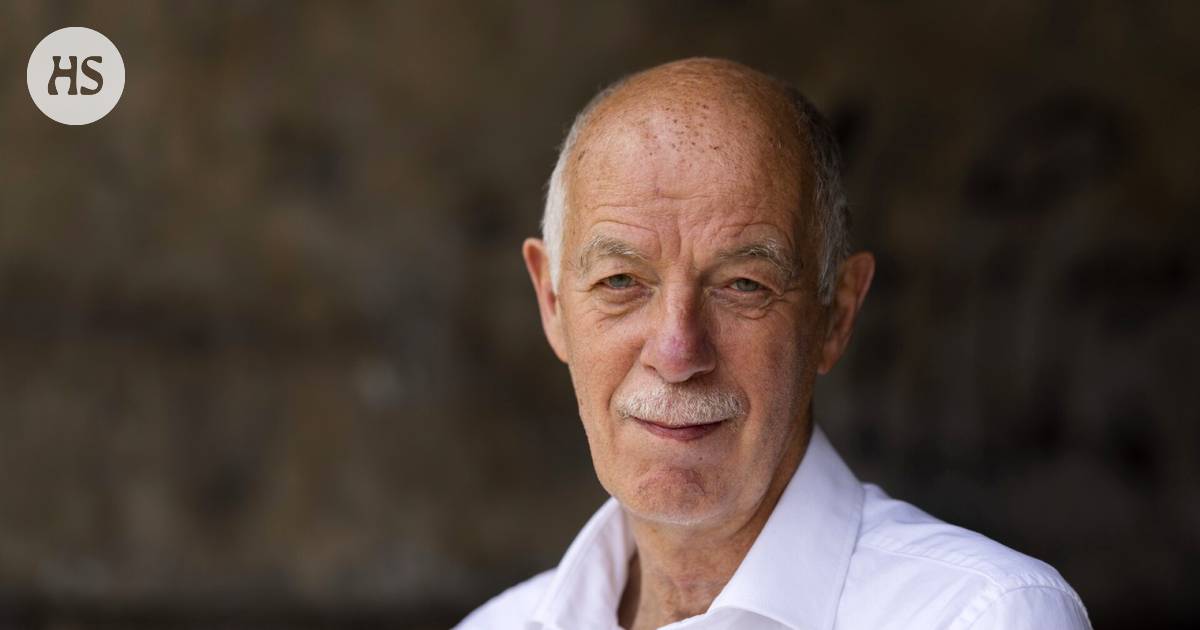On Tuesday, the British Parliament passed a law that allows asylum seekers to be flown to Rwanda in order to wait for a decision on their application. This decision has been met with significant criticism from both the UN and the EU, who argue that migrants’ human rights may be violated. Retired crime commissioner Thomas Elfgren, who has experience working in Rwanda, believes that the country has made significant progress in terms of development and safety since the 1994 genocide.
The debate over whether Rwanda is a safe destination for asylum seekers has been contentious in British Parliament. While some MPs argue that Rwanda is a safe country, others disagree. The main goal of the law is to deter individuals from attempting dangerous journeys to reach Britain by making Rwanda the designated location for asylum seekers to await a decision.
Despite some support for outsourcing asylum processing to countries like Rwanda, critics raise concerns about human rights violations and the potential for arbitrary treatment of individuals. Some have also questioned the affordability and sustainability of the British model, raising issues about how Rwanda would handle an influx of immigrants in the future.
Interior Minister Mari Rantanen has expressed her support for outsourcing asylum processing to countries like Rwanda, emphasizing the need to prevent entry into Europe specifically. This approach raises questions about the broader implications for asylum seekers and international refugee laws.
Elfgren highlights the importance of addressing underlying issues such as social and economic inequality that drive people to seek asylum. He emphasizes that simply sending people away will not solve their problems or address their needs.
Overall, this debate highlights important questions about human rights protection, affordability of such systems, and long-term implications for asylum seekers. It is crucial that we address these root causes and create safe pathways for those who need them while respecting human rights and international laws.


